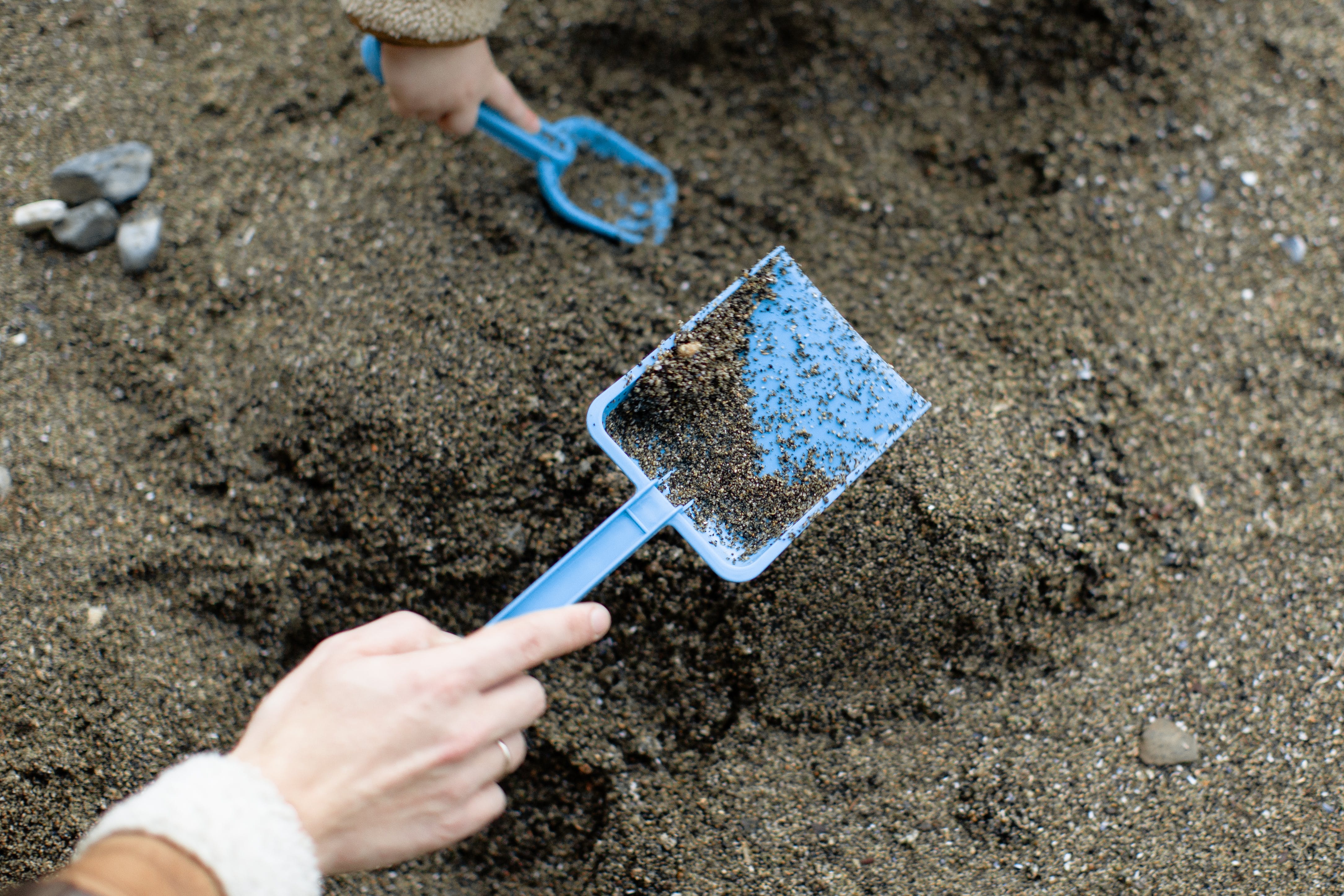Table of Contents
Infancy
During the infancy stage, which typically lasts from birth to around 18 months, babies experience rapid growth and development. Infants go through many physical milestones during this time, such as learning to roll over, sit up, crawl, and eventually walk. They also begin to develop their senses and social skills, such as smiling, making eye contact, and babbling. As a babysitter, it is important to provide infants with a safe and nurturing environment, as well as plenty of opportunities for sensory exploration and social interaction. Make sure to engage with infants through cuddling, talking, singing, and playing simple games.
On-Demand Childcare in Your Neighborhood
Book a Sitter
Toddlerhood
The toddler stage typically spans from 18 months to around 3 years old. Toddlers are known for their newfound independence and curiosity, as well as their developing language skills. During this stage, children begin to walk and run proficiently, use simple sentences, and assert their own preferences and opinions. As a babysitter, it is important to provide toddlers with a balance of freedom and structure, allowing them to explore their environment while also setting limits and boundaries. Engage with toddlers through activities that promote physical coordination, language development, and social skills, such as reading books, singing songs, and playing pretend.
Preschool
Preschool-aged children, usually between 3 and 5 years old, are eager learners who are gaining more independence and self-control. Preschoolers are rapidly expanding their vocabulary, developing problem-solving skills, and beginning to understand basic concepts such as numbers, colors, and letters. As a babysitter, you can support preschoolers’ cognitive and social development by engaging them in activities that encourage creativity, curiosity, and cooperation. Provide opportunities for preschoolers to explore their interests through art, music, and pretend play, and offer gentle guidance and support as they navigate social interactions with peers.

Elementary School
Children in elementary school, typically between the ages of 6 and 11, are entering a period of rapid academic, social, and emotional growth. Elementary schoolers are expanding their knowledge and skills in various subjects, forming more complex relationships with peers, and developing a greater sense of self-identity. As a babysitter, you can support elementary school children by encouraging their academic pursuits, fostering their social skills, and helping them build self-confidence and resilience.
Engage with elementary schoolers through activities that promote critical thinking, teamwork, and communication, such as puzzles, board games, and group projects.
Adolescence
Adolescence is a period of significant physical, emotional, and social change that typically spans from ages 12 to 18. Adolescents are experiencing puberty, grappling with new emotional challenges, and exploring their identities and values. As a babysitter for adolescents, it is important to provide a supportive and nonjudgmental presence, as well as opportunities for open communication and self-expression. Engage with adolescents through activities that foster independence, responsibility, and self-reflection, such as discussing current events, sharing personal experiences, and providing guidance on decision-making.
In conclusion, understanding the stages of child development is essential for babysitters to provide appropriate care and support to children of all ages. By recognizing the unique needs and abilities of children at each stage of development, babysitters can create meaningful and enriching experiences that promote growth, learning, and well-being. Remember to tailor your interactions and activities to the specific developmental stage of the child you are caring for, and always prioritize safety, respect, and positivity in your babysitting practice.










